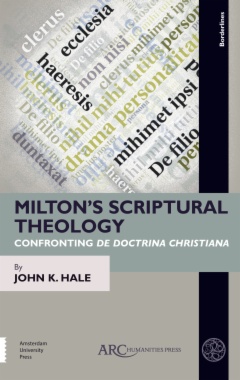

The future national security environment will present the naval forces with operational challenges that can best be met through the development of military capabilities that effectively leverage rapidly advancing technologies in many areas. The panel envisions a world where the naval forces will perform missions in the future similar to those they have historically undertaken. These missions will continue to include sea control, deterrence, power projection, sea lift, and so on. The missions will be accomplished through the use of platforms (ships, submarines, aircraft, and spacecraft), weapons (guns, missiles, bombs, torpedoes, and information), manpower, materiel, tactics, and processes (acquisition, logistics,and so on.).
Accordingly, the Panel on Technology attempted to identify those technologies that will be of greatest importance to the future operations of the naval forces and to project trends in their development out to the year 2035. The primary objective of the panel was to determine which are the most critical technologies for the Department of the Navy to pursue to ensure U.S. dominance in future naval operations and to determine the future trends in these technologies and their impact on Navy and Marine Corps superiority. A vision of future naval operations ensued from this effort. These technologies form the base from which products, platforms, weapons, and capabilities are built. By combining multiple technologies with their future attributes, new systems and subsystems can be envisioned.
Technology for the United States Navy and Marine Corps, 2000-2035 Becoming a 21st-Century Force:Volume 2: Technology indentifies those technologies that are unique to the naval forces and whose development the Department of the Navy clearly must fund, as well as commercially dominated technologies that the panel believes the Navy and Marine Corps must learn to adapt as quickly as possible to naval applications. Since the development of many of the critical technologies is becoming global in nature, some consideration is given to foreign capabilities and trends as a way to assess potential adversaries' capabilities. Finally, the panel assessed the current state of the science and technology (S&T) establishment and processes within the Department of the Navy and makes recommendations that would improve the efficiency and effectiveness of this vital area. The panel's findings and recommendations are presented in this report.